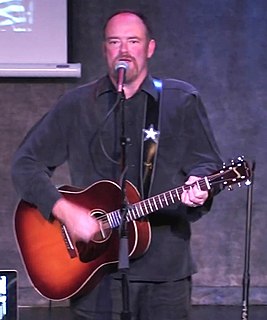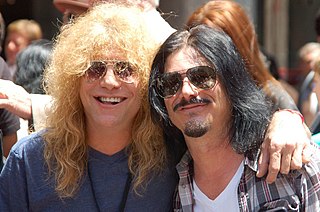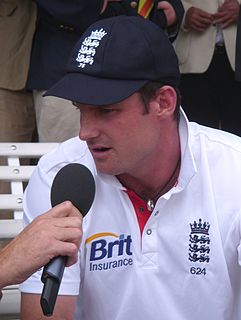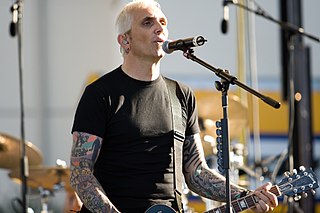A Quote by Kay Bailey Hutchison
I think when you've been in office for a long time, you have a record, and that record is fair game.
Related Quotes
God is giving a plan I think to me that is not really a plan. The problem is that I think the plan that the Lord would have us follow is hard for people to understand. Because of my track record with you who have been here for a long time. Because of my track record with you, I beg of you to help me get this message out, and I beg of you to pray for clarity on my part.
You sometimes get the feeling that people think getting back together after a hiatus to write and record a record is work, you know, arduous and unpleasant. Being able to write and record - that's a privilege. I don't forget the long days I spent working in a restaurant, when I wanted to be done so I could go home and work on a song.
Sometimes, when asked the what-do-you-do question, it occurs to me to say that I work for the government. I have a government job, essential to national security. I AM A CITIZEN. Like the Supreme Court judges, my job is for life, and the well-being of my country depends on me. It seems fair to think that I should be held accountable for my record in the same way I expect accountability from those who seek elected office. I would like to be able to say that I can stand on my record and am proud of it.

































